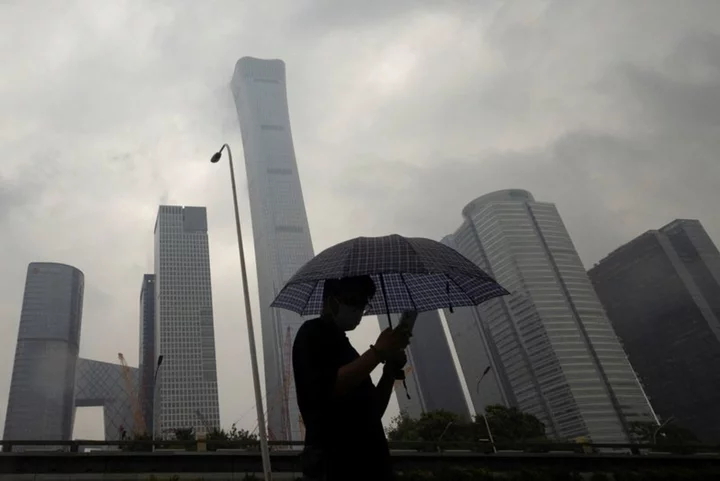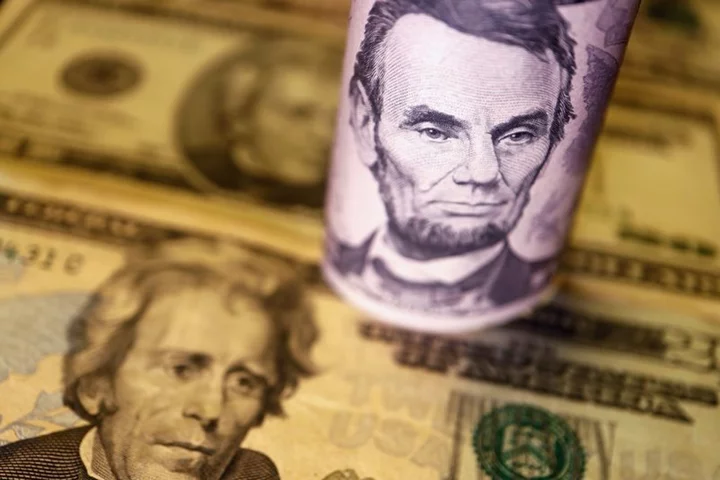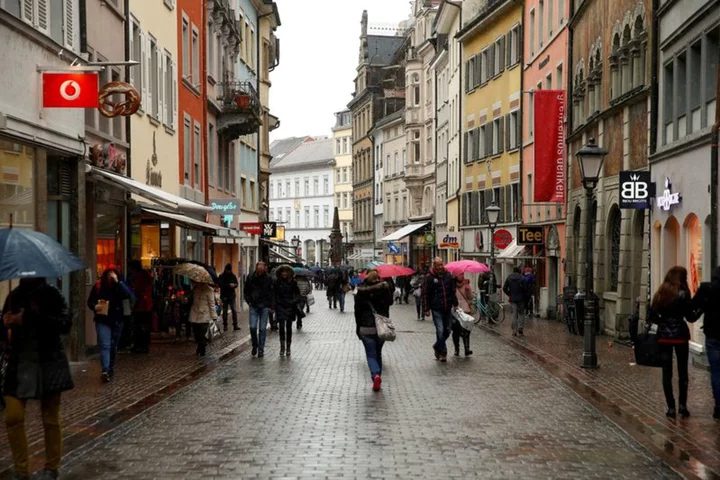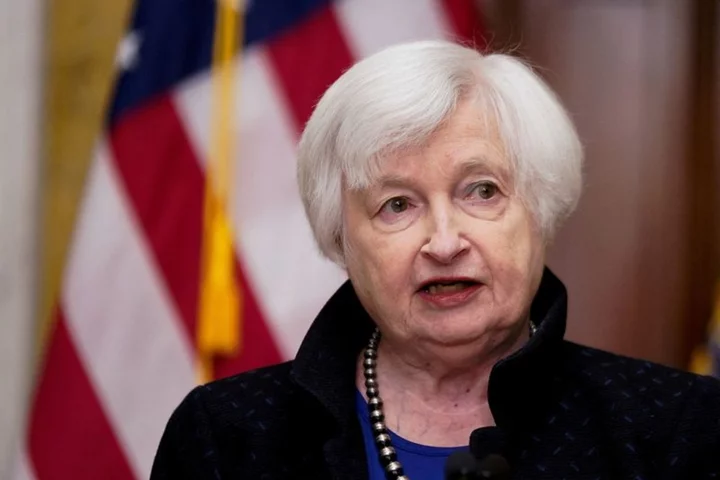By Ellen Zhang and Marius Zaharia
BEIJING/HONG KONG Cola Yao earns 40% less than last year promoting credit cards for a Chinese state-owned bank, so she buys fewer clothes, less make-up and has cancelled her child's summer swimming classes.
"The cut is severely affecting my life in every aspect," said Yao.
The unexpected austerity comes on the back of China's slowing economy, complicating efforts for Communist Party leaders who pledged this week to boost workers' incomes to revive household consumption, a major policy goal.
Financial firms and their regulators have cut salaries and bonuses after China's top graft-busting watchdog vowed to eliminate "Western-style hedonism" in the $57 trillion sector.
And, some indebted local governments have cut civil servants' pay. Some hospitals and schools, as well as some private businesses facing a drop in sales, have done the same.
It is unclear how many Chinese have had their pay cut this year, but economists warn the high-profile examples are further weighing on already fragile consumer confidence, raising risks of a self-feeding deflationary spiral in the world's second-largest economy.
"Wage cuts will intensify deflationary risks and reduce willingness to spend," said Zhaopeng Xing, ANZ's senior China strategist.
While Chinese still earned 6.8% more on average in the first half of this year than in the same period of 2022, at 11,300 yuan ($1,580) per month, there is little optimism that pace can be maintained.
The Economist Intelligence Unit's Xu Tianchen said that increase was likely driven by rural migrant workers returning to factories after COVID-19 lockdowns, which compensates for subdued pay growth in white-collar jobs.
A survey by recruiter Zhaopin showed average wages offered for new jobs in 38 major cities dropped 0.7% in the second quarter from the same period of 2022, having grown only 0.9% in the first quarter.
In the first six months, total household disposable income, which includes wages and other sources of revenue, rose 5.8%, barely surpassing 5.5% growth in economic output.
To fix one of China's key structural weaknesses, which is that household consumption contributes much less to its economic output than in most other countries, disposable income needs to rise much faster than overall economic growth, analysts say.
For most of the past four decades it was the other way around.
WEAK BARGAINING POWER
Unilateral wage cuts are illegal in China, but complex salary structures offer ways around that.
Yao's monthly earnings dropped to 6,000 yuan because her employer in the eastern city of Hefei raised her performance goals, linked to usage of the credit cards she sells.
Shao, who sold make-up in the eastern city of Suzhou and only gave her surname for privacy reasons, had a choice to leave her company or accept a 50% wage cut. She chose the former, but her colleagues took the hit and also face delayed paycheques.
"Workers are pressed not only by the company, but also by the labour market. Their bargaining power ... is weakened so they tend to accept wage cuts," said Aidan Chau, researcher at Hong Kong-based rights group China Labour Bulletin.
State institutions typically keep base salaries untouched but reduce various allowances, public sector workers say.
A Shanghai doctor surnamed Xu said his public hospital cancelled quarterly bonuses and asked staff to do more overtime.
Xu, who works at a public hospital, saw his pay drop 20% over the last two years.
"The hospital said they have no money," he said.
While he's not struggling financially, the extra work affects his social life so he spends less going out.
Frugality is becoming endemic.
Retail sales in China have yet to return to their pre-pandemic trend and households prefer to save.
New household bank deposits in January-June rose 15% to 12 trillion yuan, equivalent to more than 50% of the total retail sales for the period.
Analysts call it a symptom of financial insecurity among consumers.
"If weak confidence becomes entrenched, it could be self-fulfilling and derail the recovery," said Xiangrong Yu, China chief economist at Citi.
(Reporting by Ellen Zhang and Marius Zaharia; Additional reporting by Liangping Gao and the Beijing newsroom; Graphics by Kripa Jayaram; Editing by Kim Coghill)









